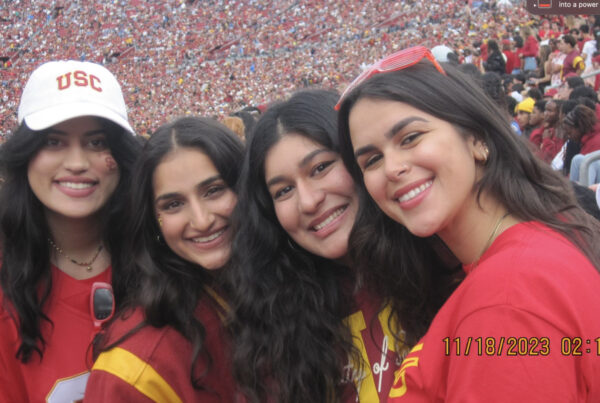College classes can be such a strange time when I think back in comparison to high school. First of all, they can be so specialized and dive deep into such niche areas of study or on the opposite hand, they can juggle with a giant range of disparate topics all tied together by a single similar thread. Second, I’ve found that the work you do is very unlike high school homework. It’s not just worksheets or sets of problems and then you’re done, it’s long-winded conceptual problems, research essays assigned a month or more in advance, discussion without any tangible turn-in item, 3D models, or, in my specific case, board games. 
As a computer science (games) major, a necessary course for me is CTIN 488: Game Design Workshop in which we work in teams to design, physically or virtually create, and playtest our own conceptualized board games. The class works as an introduction for how to think like a game designer and access our creative side while understanding the fundamentals within all games as well as the player experience. Our first project this semester was to modify a children’s game called “Up the River” in such a way that new challenges, new environments, and new gameplay elements overall changed how the player’s interacted and reacted to the game. The primary goal, though, was to jump right into making engaging games that have thematic story building and engagement and that others enjoy playing.
My team’s game adaptation was called “Olympus has Fallen” and centered on the voyage of four armies attempting to ascend to the top of Mount Olympus. It’s not as simple as it sounds however! The stairs leading up to Olympus can fall out from under player’s soldiers depending on the roll of a die and event cards can enact harmful obstacles and attacks on the players or bestow wanted blessings.
 Chance is a big part of the game, but players also had the role of strategically moving their soldiers up the step (and at times, given the right roll of the die, could sabotage their fellow players’ armies by sending their soldiers back to the beginning of the steps).
Chance is a big part of the game, but players also had the role of strategically moving their soldiers up the step (and at times, given the right roll of the die, could sabotage their fellow players’ armies by sending their soldiers back to the beginning of the steps).
Making an entire board game from scratch in a week was something I didn’t know I could do until I just did it! Necessity is the mother of invention after all. My team drafted the game concept and rules all together then split up to tackle the other parts of the project. I was in charge of designing and building the box the game would be presented in. Turns out, even just making a decorated box can be a lot of work and I spent several late nights modge-podging my collage of Greek mythology stories and pictures to a deconstructed Amazon box. But seeing all the pieces come together and then getting to actually play through our board game was immensely rewarding. The best part was seeing how hard our fellow classmates were laughing as they played our game. Of the many things I’ve already learned out of this class, the thought that sticks out most to me is that I definitely chose the right major for me!




